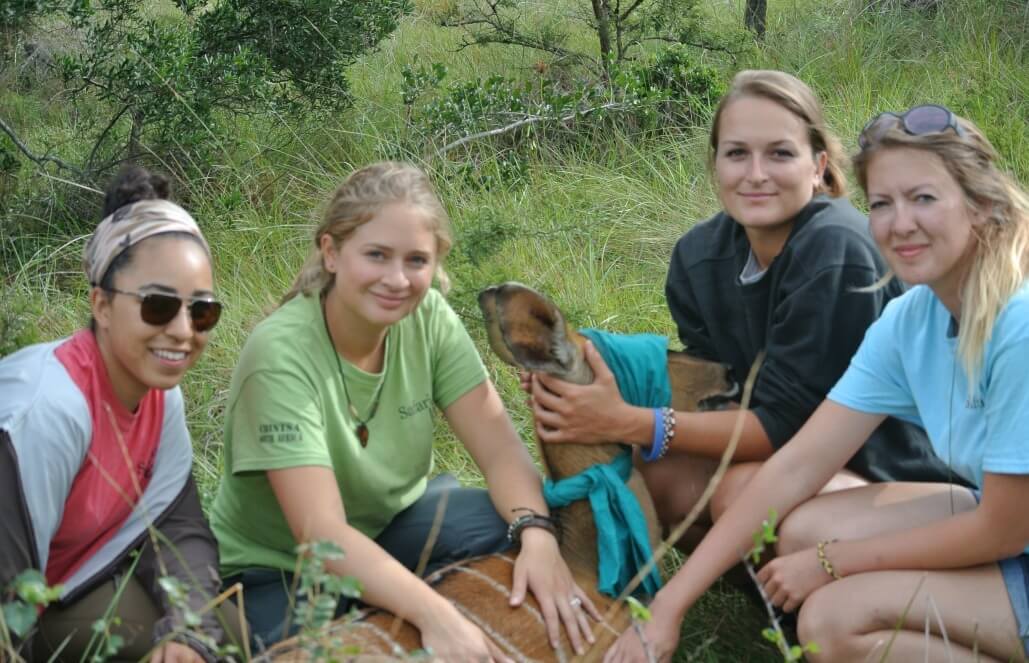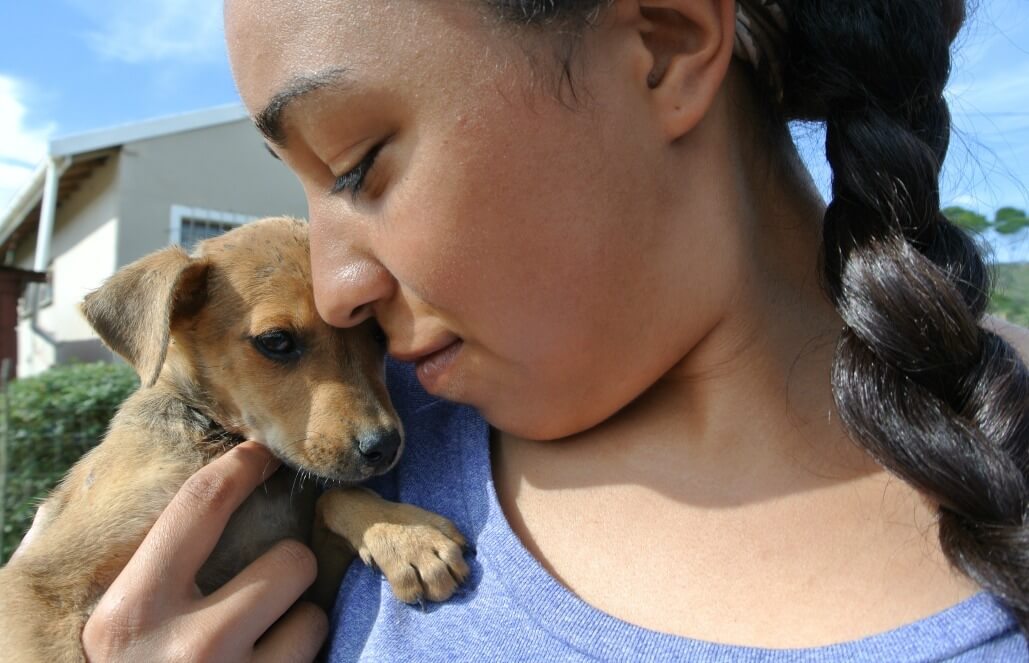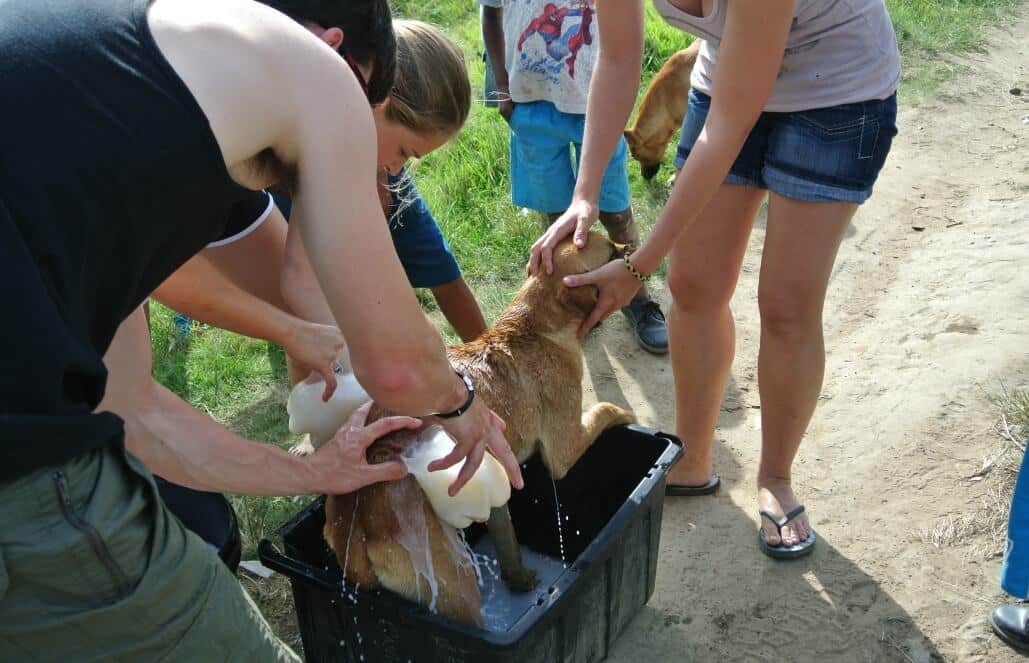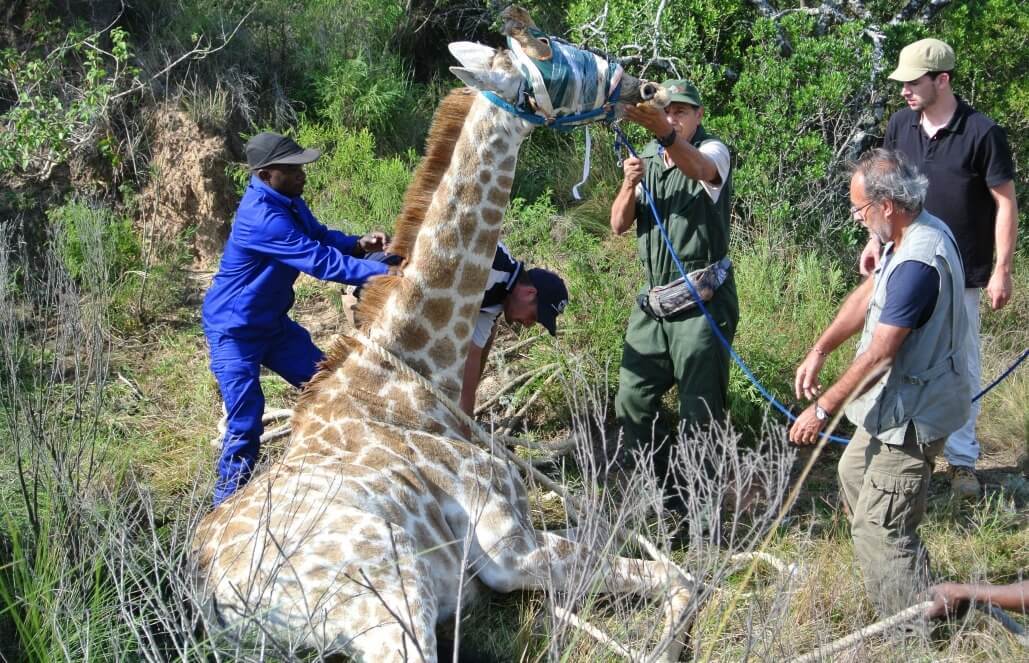So you want to be a veterinarian?
Getting into a veterinary school is said to be one of the hardest processes to go through, with the field being highly competitive as there are less than 50 accredited schools worldwide. Candidates are strongly advised to exceed the minimum requirements of schools to make their applications stand out with interesting and wide-ranging experiences. In this respect, internships become crucial as competitive applicants can have somewhere between 500-1000 hours of veterinary experience prior to application.
Schools are also looking, however, for students that have life experience, are curious and motivated and have excellent stress management skills as well as can effectively communicate and work in a team. Doing an internship abroad will tick off many of those recommendations as well as surely become one of the most exciting, enriching and rewarding parts of your life.
When you volunteer abroad you will be able to gain a realistic understanding of the profession as you will be sent into the deep end and will quickly discover if this is the career path for you. Nothing says ‘dedication’ like waking up in the middle of the night to treat a sick giraffe at a nearby game reserve! As an animal volunteer you will be exposed to a wide range of species, and you will also be able to clock your veterinary experience hours as you work closely with local veterinarians, in either shadowing or assisting positions.
You will also be able to go beyond the limited scope of information that schools provide by taking the initiative and broadening your own knowledge through hands-on experience with a variety of animals. This diversified experience will also be an investment in your future as you will be better prepared for exams and the real world than those who have only clocked clinical hours.
What is certain is that you can never have too much experience. A volunteer trip abroad will quickly show you if you are cut out for the job as well as give you the experience of working in situations that may be out of your comfort zone and range of knowledge. This can help prepare you for the practical aspect of the veterinary course you will be accustomed to working of different types of animals and would have had the hands-on experience of treating them. Being a wildlife volunteer and by volunteering with many kinds of animals, will also help to guide you during your decision making process about what area to specialize in.
Being a veterinarian doesn’t stop at being able to work with animals; communicating with humans is also a very large part of the job. Veterinarians require a wide range of communication skills including working well in a team, whereby you can relay and receive instructions effectively and precisely and have great people skills, especially for interactions with pet and animal owners.
Veterinarians must this have excellent listening skills and experience in dealing with people, which you will be able to practice whilst living in a foreign country on your volunteer trip abroad. Sincere concern for the welfare of animals is of course a must, however experience in working in communities and working under pressure is what will make you stand out. Volunteering abroad is what makes candidates highly adaptable and increases their skillset beyond someone who has only worked locally or in clinical situations.
Reasons to Volunteer
1. Make your experience exotic! Go Eco offers a Pre-Vet Wildlife Internship in South Africa that is sure to be a rare and once in a lifetime experience for prospective students. Become acquainted with uniquely African wildlife, various aspects of animal welfare and traditional foreign cultures.
2. Get hands-on experience in specialized procedures that are unique to the South African environment and work with animals that you would not have come across at home.
3. You will also have the opportunity to work in a variety of settings such as game reserves, local farms and rural villages, furthering your experience in being able to work in surprising and sometimes extreme situations
4. Animals can’t tell you what is wrong, you have to find out – by dealing with a variety of animals you become exposed to a broad range of animal behavior.
5. You will potentially be exposed to three out of the four main areas of veterinary science, including large animal, small animal and wildlife/conservation fields, allowing you to gain a better understanding of what you might want to specialize in.
Most importantly, by doing an internship in South Africa, you will be able to work in small teams that facilitate better relationships with veterinarians. By living and working with them you have the opportunity to closely observe their day to day life and truly experience what it takes to be a veterinarian.
Make it Special with GoEco
If you are ready for an African adventure that will also serve to make you stand out and give you an experience like no other, then take a look at GoEco’s ultimate Pre-Vet Wildlife Internship program in China, Eastern Cape, South Africa.
Volunteers will have the opportunity to participate in lectures about African wildlife and then gain experience in working with them, as well as with agricultural and domesticed animals. The African wildlife segment of the internship will allow you to gain knowledge about animal health and nutrition, threats to the wildlife and their habitats, wildlife rehabilitation and the immobilization and tranquilization of animals. You may also have the opportunity to participate in game captures as well as medical emergencies, treating animals such as nyalas, rhinos and giraffes.
During the agricultural livestock segment, volunteers will be able to closely observe the health, nutrition and behavior patterns of animals such as chickens, cattle, goats and pigs at local farms. Domestic animal care is also part of the program and often involves taking care of animals living in very poor conditions, who may have been abused. Volunteers will discover the difficulties faced by animal welfare agencies as well as learn how to support local services and animal management groups.
What is key about this program is that due to the nature of the range of situations that the veterinarians attend to, every day will be absolutely different and you will get the hands on experience in each aspect of it. Not only that, but after a hard days work, your backyard is Africa, so you choose – are you going to join a casual safari simply relax on the nearby beach and take in the breathtaking views?
Recommended veterinary programs-
Animal Rescue and Veterinary Assistance (Mexico)













